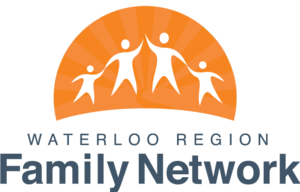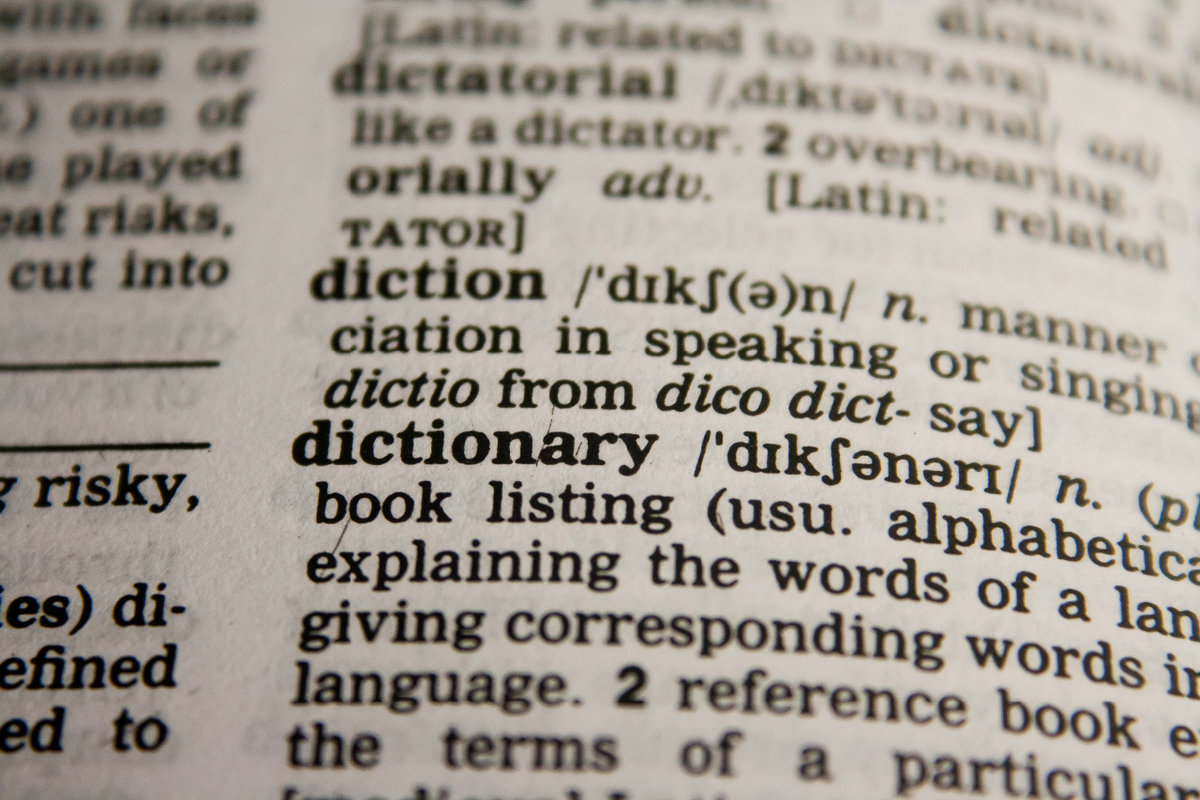
We collect basic website visitor information on this website and store it in cookies. We also utilize Google Analytics to track page view information to assist us in improving our website.

At Waterloo Region Family Network, we get a lot of questions about using the term ‘exceptionality’ when describing who we are and what we do. WRFN exists to serve exceptional individuals and their families and/or caregivers when they encounter hardships. Some ask, “What does that mean”? Or “What is an exceptionality”?
WRFN is an organization where children, youth, and adults with disabilities and their families feel connected, valued, and heard. When we use the term disability, most people tend to understand who we serve. However, there is so much more to our use of the term ‘exceptionality’. For us, it’s important to use a term that is all encompassing.
Although we use the term now, we understand that language is always evolving. Exceptionality may be an accepted term for services providers at the moment, but there’s a chance that could change. At WRFN, we promise to adapt our approach to language if a change is deemed necessary by our community.
Before we get into our preferred language, we want to stress the importance of letting people define themselves. We respect everyone’s preferred language and will use their terms accordingly. Self-definition is important for a variety of reasons.
People with disabilities are often an under-represented group. The structures and systems of our society have largely been created by and for non-disabled folk. When things are created without a disability lens in mind, inequalities are created between the two groups because many things become partially or completely inaccessible. Self-identification is a way for under-represented folks to reclaim power over their identity and helps create a sense of community to reduce isolation.
Terminology surrounding marginalized folks, like the Disability Community, is always evolving. And for those who identify themselves as being part of one of these groups, the way they identify themselves may be different than the way others identify them. Their language of self-identification may change depending on the environment they’re in, too. For example, they may identify themselves one way in their public-facing roles but identify in another way in their private life when they’re in a safe and supportive environment.

An ‘exception’ can be defined as something that is not typical. Therefore, ‘exceptional’ is the adjective of being an exception. More recently, ‘exceptionality’ has been used by the education system to define a person who requires individualized educational support.
We therefore use exceptionality in a similar way as the education system, as we largely help families and individuals navigate requesting individualized support in their schools. Consistency in language use helps foster understanding between parents and the systems they engage with.
Overall, we consider the needs of the people we work with as ‘exceptional’ because they differ from the needs of the majority of people who are not disabled.
WRFN helps individuals with disabilities. We also help individuals with mental health needs, complex medical needs, those facing bullying and discrimination, and so much more. WRFN doesn’t require any diagnosis for families to qualify for help. So sometimes, the presence of a disability is an unknown factor. Although the disability umbrella is vast, it isn’t as all-encompassing as we need it to be to represent the diverse people we serve.
It is also common that we work with individuals who need support because of two or more exceptional needs relating to their disability. Also, their visible disability may not play an immediate factor in the need they address with us. Because of this, the term exceptionality helps us capture the many intersections of a person’s identity that factor into the issues they are facing.
And finally, the group we work with most often is parents. Some of our parents are young parents with young children, while others are older parents with children who are adults. It is important to us that the language we use is accepted and understood by all the parents we support. Our terms need to be flexible, broad, and easily understood.
.jpg)
Yes, some do. Our Self-Advocacy Liaison, Cristina, wrote a piece last year on why she prefers to identify as exceptional in most cases. In it, she writes, “My neurology will always be different from the average person. Physiologically speaking, I am the exception to the rule. Thus, I am exceptional. For a lot of my day-to-day life, I don’t really think about this fact. It doesn’t come up, it’s not relevant, or I’m just busy being me and living life.”
She goes on to explain that although her exceptionality isn’t always relevant in her day-to-day, there are certain environments that conflict with her exceptionality. It is then when she would need accommodations or support to navigate structures that have largely been created and defined by a neurotypical and/or non-disabled majority. She writes, “By meeting this special need, I am able to participate, to be included, to feel valued.”
Others may receive a diagnosis they don’t feel is accurate or complete enough to identify their differences. Some may not receive a diagnosis at all or much later in life. Because of a late diagnosis and lack of acknowledgement earlier in life, the term ‘disabled’ may not resonate with everyone. They therefore may adopt the term ‘exceptionality’ instead.
In her article, Cristina brings up a point we find incredibly important overall. She writes that the only time she uses the term ‘disabled’ to describe herself is when accommodations or supports cannot be met to allow her inclusion.
We cannot say that everyone who is disabled holds the same opinion, however we think it further emphasizes why language is so important. This opinion gives a deeper snap-shot into the semantics of disability language and how different choices can help illuminate inequities between disabled and non-disabled folks.
We understand that the term exceptionality isn’t always as direct a term as disability, and that it has been included with terms like ‘special needs’, ‘differently abled’, and other polite substitutes to reflect disability. And unfortunately, sometimes these substitutes can have unintended negative effects on those who are being described.
The language we use to describe things matters, as words carry a lot of weight.
